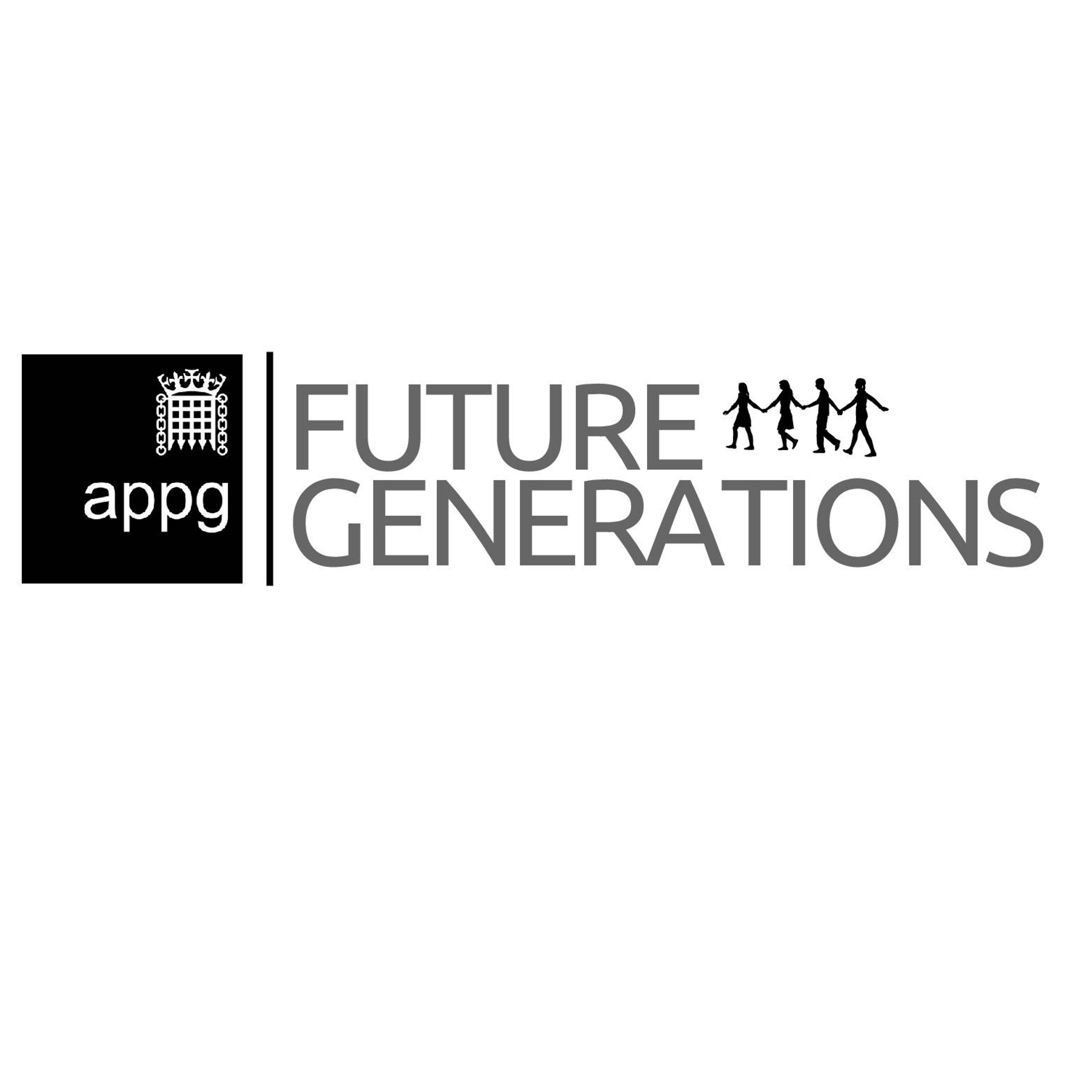
Secretariat to the All-Party Parliamentary Group for Future Generations
Future Generations Policy
The Secretariat to the All-Party Parliamentary Group (APPG) for Future Generations raises awareness and facilitates cross-party dialogue on long-term policy issues. The APPG for Future Generations engages policymakers on topics such as combating political short-termism and mitigating global catastrophic risks.
%20-%20APPG%20for%20Future%20Generations.jpg?w=3840&q=75&fit=clip&auto=format)
What problem is the Secretariat to the APPG for Future Generations working on?
It is vitally important for our children’s children (and beyond) that governments and the public sector consider the long term. Political short-termism can cause topics with widespread ramifications for the UK and beyond — like climate change, public health trends, and catastrophic and existential risks — to be neglected from the political agenda in favour of urgent matters. In the modern world, with a rapidly accelerating rate of technological change, this is becoming ever more of a crucial issue.
What does the Secretariat to the APPG for Future Generations do?
The Secretariat to the APPG for Future Generations aims to:
- Represent the interests of future generations by providing education, support, and advice to decision-makers to assist them in ensuring governments fairly consider all future generations.
- Create space for cross-party dialogue on combating short-termism and to identify ways to internalise concern for future generations into today’s policymaking.
To do this, it:
- Hosts speaker events and discussion roundtables, which bring together government, academic, and private sector communities to discuss policy approaches to increasing long-term thinking. These events have had high-profile speakers such as current or former Ambassadors, Secretaries of State, Ministers, Heads of the Civil Service, and Nobel laureates (such as Prof Sir Angus Deaton and Prof Oliver Hart). There are often 15–20 Parliamentarians at each event.
- Conducts research and produces briefings to better inform Parliamentarians on potential policy options, with a focus on enhancing long-term thinking and mitigating catastrophic risks. For example, its paper on Risk Management in the UK likely played a role in the UK government commitment to “review our approach to risk assessment.” It also co-authored a paper published by the United Nations on the need for greater long-term thinking and cross-disciplinary thinking in policymaking.
- Identifies key partners to build a strategic network of Parliamentarians, academics, industry stakeholders and other APPGs. The APPG created a new Select Committee on Risk Assessment and Risk Management. It also established an ongoing dialogue between UK and Ukrainian Parliamentarians and run scenario-planning exercises for the Ukrainian Parliament, which contributed to the establishment of the equivalent of an APPG in the Ukrainian Parliament, an Inter-Factional Group on “Strategic Foresight for Ukraine,” which has the aim of building up a foresight programme within the Ukrainian Parliament. It also worked with Scottish Parliamentarians to raise the issue of future generations in Scotland, which led to a Scottish Government’s commitment to establish a Future Generations Commissioner.
Going forward, the APPG for Future Generations plans to:
- Continue working on an Inquiry into long-term thinking in policymaking in the UK Parliament to be published as a report.
- Conduct an Inquiry into how to incentivise long-term thinking in the private sector.
- Expand its work beyond the UK, such as working towards setting up an Intergroup on future generations, the equivalent of an APPG in the EU Parliament.
What information does Giving What We Can have about the cost-effectiveness of the APPG?1.
We previously included the APPG as one of our recommended charities based on Founders Pledge’s evaluation highlighting its cost-effectiveness. Founders Pledge found that the APPG has demonstrated a concrete preliminary impact on UK policymaking and has a clear plan for future growth.
We’ve since updated our recommendations to reflect only organisations recommended by evaluators we’ve looked into as part of our 2023 evaluator investigations; while we expect to soon look into Founders Pledge as part of this more in-depth evaluator research, we haven’t yet. As such, we don't currently include the APPG as one of our recommended programs but you can still donate to it via our donation platform.
For more information about the Secretariat to the APPG on Future Generations, see:
- 2020-21 Impact report
- 2019-20 Impact report
- Shallow evaluation by Nuño Sempere on the Effective Altruism Forum
At Giving What We Can, we focus on the effectiveness of an organisation's work -- what the organisation is actually doing and whether their programs are making a big difference. Some others in the charity recommendation space focus instead on the ratio of admin costs to program spending, part of what we’ve termed the “overhead myth.” See why overhead isn’t the full story and learn more about our approach to charity evaluation.